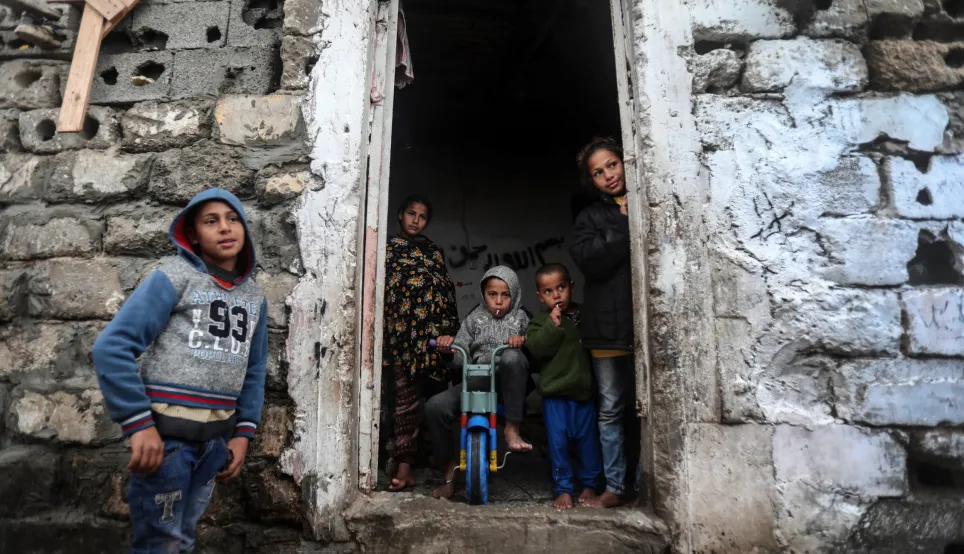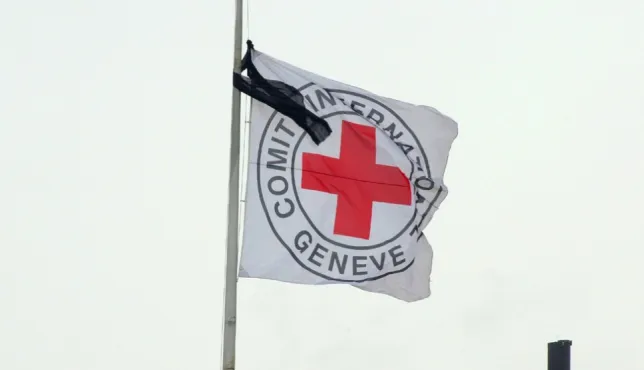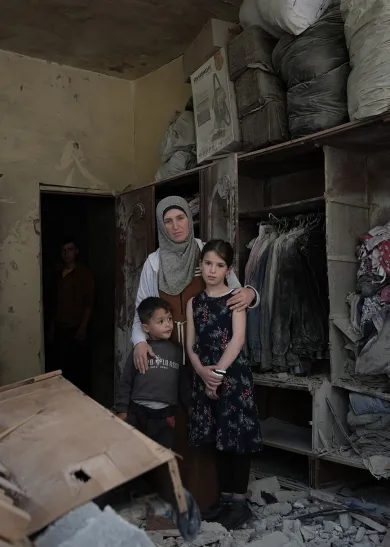Tensions escalating in the Middle East
The situation in the Middle East is deteriorating, with the recent escalation of violence affecting countless lives in Gaza, Lebanon, Yemen, and beyond. Civilians are bearing the brunt of the conflict, and the need for humanitarian assistance is growing.
The International Committee of the Red Cross (ICRC) is deeply concerned about the escalating violence and is actively working to address the humanitarian consequences. We provide essential support to those in need, including medical care, food, water, and vital household items.
Your donation can help us scale up our efforts to protect lives, support health facilities, and deliver crucial aid where it’s needed most. Together, we can make a difference by standing up for humanity and dignity in these challenging times.
















